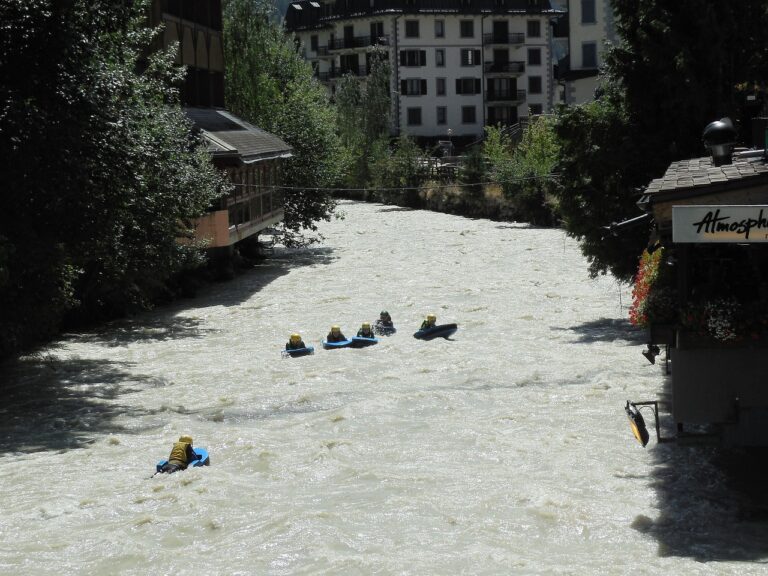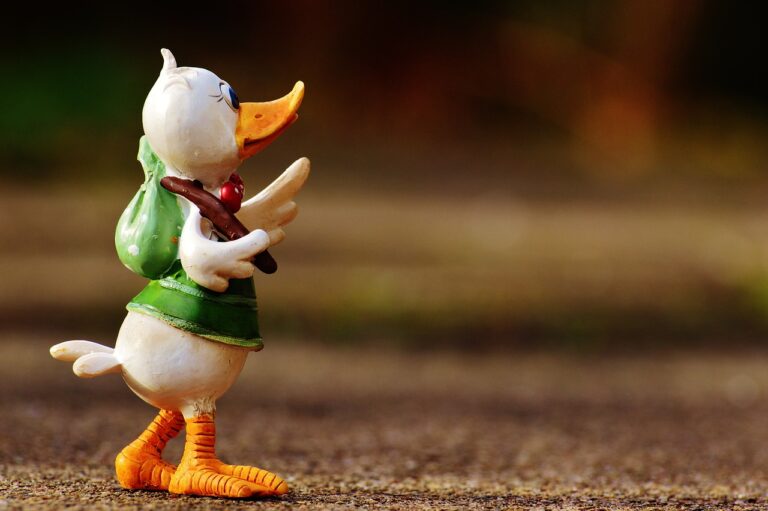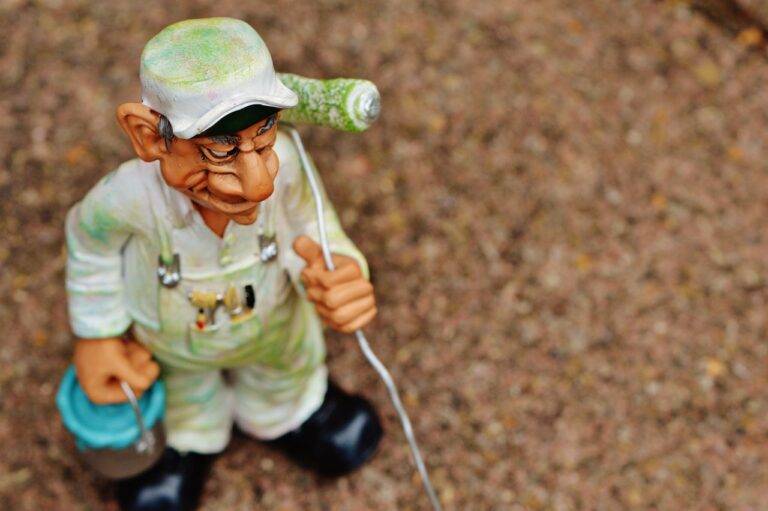Sound Editing in Historical Films: Recreating Authenticity: 11xplay reddy login, Gold365 registration, Skyfair
11xplay reddy login, gold365 registration, skyfair: Sound editing in historical films plays a crucial role in bringing the past to life on the big screen. From creating immersive battle scenes to capturing the ambiance of a bygone era, sound editors work tirelessly to recreate authenticity in every aspect of the film.
1. Importance of Sound Editing in Historical Films
Sound editing in historical films is essential for creating a believable world for the audience to immerse themselves in. Whether it’s the clanking of armor in a medieval battlefield or the hustle and bustle of a Victorian marketplace, sound editors use their expertise to transport viewers back in time.
2. Research and Attention to Detail
One of the key components of sound editing in historical films is research. Sound editors must delve deep into the archives to find accurate sounds that match the time period portrayed in the film. Whether it’s studying historical records or visiting museums, meticulous attention to detail is required to recreate authenticity.
3. Foley Artists and Sound Effects
Foley artists play a crucial role in sound editing for historical films. These skilled professionals use a variety of props and tools to recreate specific sounds, from the clatter of horse hooves on cobblestone streets to the rustling of a silk dress. Their work adds layers of authenticity to the film’s audio landscape.
4. Collaboration with the Director and Cinematographer
Sound editors work closely with the director and cinematographer to ensure that the sound complements the visual elements of the film. By collaborating with the creative team, sound editors can fine-tune the audio to enhance the overall narrative and emotional impact of the film.
5. Creating Atmosphere and Mood
Sound editing in historical films is also crucial for creating atmosphere and mood. Whether it’s the eerie silence of a deserted battlefield or the joyful sounds of a Renaissance fair, sound editors use a wide range of techniques to evoke emotions and enhance storytelling.
6. Balancing Realism and Dramatic Effect
One of the challenges of sound editing in historical films is striking a balance between realism and dramatic effect. While it’s important to stay true to the historical accuracy of the sounds, sound editors also need to enhance the drama and intensity of the film to keep audiences engaged.
FAQs
Q: How do sound editors recreate authentic sounds for historical films?
A: Sound editors conduct extensive research, work closely with foley artists, and collaborate with the creative team to recreate authentic sounds for historical films.
Q: What tools and techniques do sound editors use in historical films?
A: Sound editors use a variety of tools and techniques, including foley work, sound effects libraries, and digital audio editing software, to create authentic sounds for historical films.
Q: How important is sound editing in enhancing the overall cinematic experience?
A: Sound editing plays a crucial role in enhancing the overall cinematic experience by immersing viewers in the world of the film and evoking emotions through sound.
In conclusion, sound editing in historical films is a complex and creative process that requires meticulous attention to detail, research, and collaboration. By recreating authenticity in the audio landscape, sound editors bring the past to life on the big screen and enhance the overall cinematic experience for audiences.







